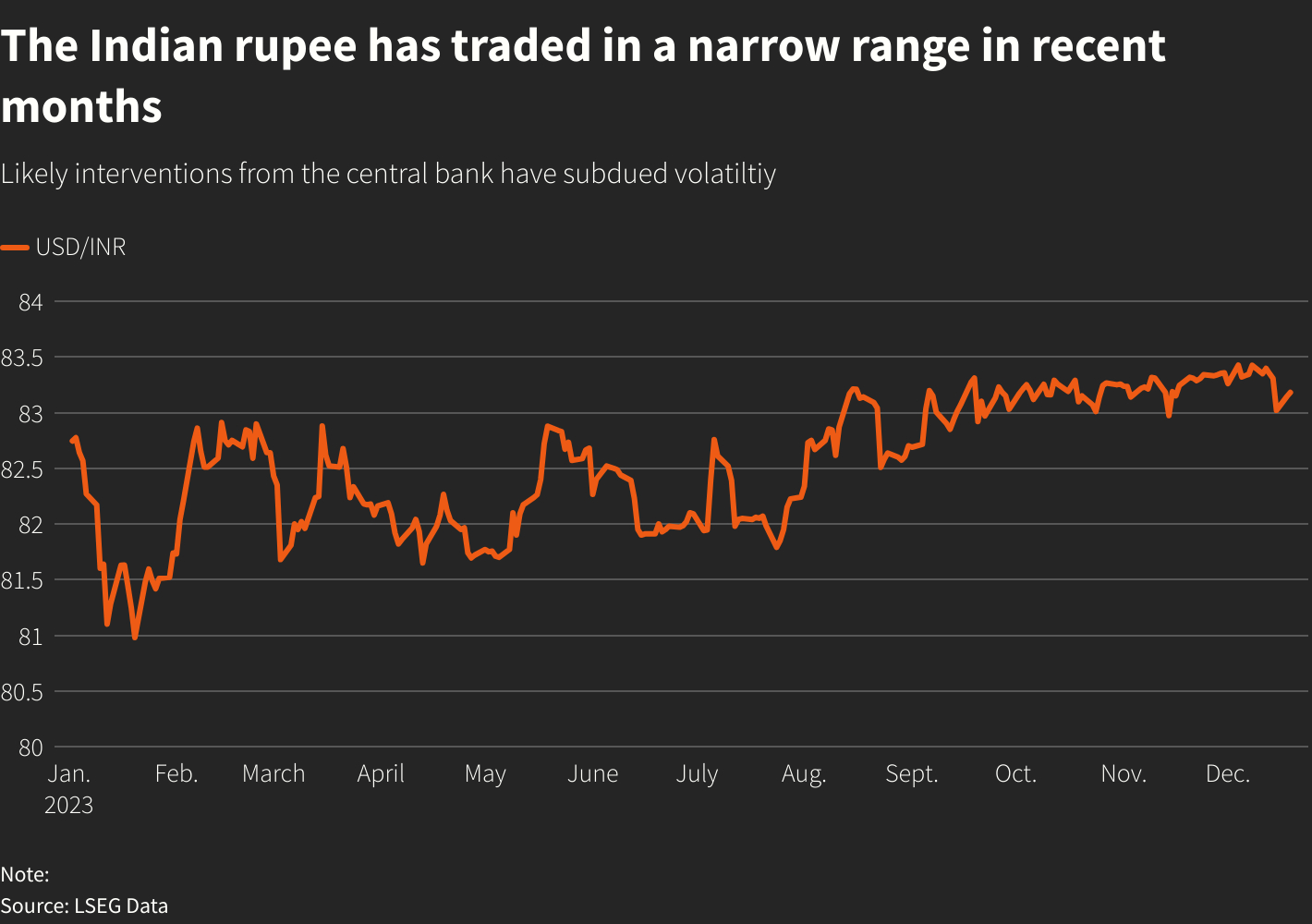The world is seeing more and more cryptocurrency adoption. In suchascenario, India stands out as one of the biggest markets for digital currencyholdings. Of all the digital currencies, it would hold a position secondonlytothat of a technology platform in Ethereum (ETH) and also as a kind of currency. Still, the ETH to INR exchange rate largely depends on whether regulations inIndia change. The article deals with the impact it causes on the market andtheconfidence of investors along with practical insights for investors. For moreinformation regarding exchanges, kindly refer to how to ETH to INR.
Understanding the Regulatory Landscape
Changes in policy and enforcement have really made India’s cryptocurrencyregulatory landscape a bumpy ride. Although the RBI has made statements of caution regarding warnings for cryptocurrencies, there is also positiveacknowledgment of their potential. In the most recent development, in2020, the Supreme Court of India overturned the order that banned bankingservices for crypto transactions, thus reviving interest in digital currencies, but uncertainty remains regarding future regulatory outlooks.
Key Regulatory Changes Impacting ETH to INR
Taxation Policies.
A tax structure for cryptocurrencies directly impacts the trade volumes andinvestor’s mood. The government of India, in its 2022 budget, brought aflat rate tax on transactions, making the process of investing in digital assetscostlier. The regulatory change caused trading volumes to fluctuateasinvestors reorient their strategies, affecting the ETH to INR conversion rate.
Compliance Requirements
The regulations become very stringent, mainly concerning the AML andKYClaws. An exchange that is not conforming risks significant penalties that leadto a decline in liquidity in the market. With lower liquidity, the ratio of ETHtoINR may swing wider, and the investors should pay attention to changesbased on compliance.
Government’s Digital Asset Position
The confidence of investors is a function of the Indian government’s stanceonthe digital assets. On one hand, some suggest the innovation of blockchainswhile others recommend a straight-up ban on cryptocurrencies. Suchabalance has given rise to confusion and erratic moves in the ETHtoINRmarket as investors are reacting to information and rumors over potential regulatory changes.
The Effect on Investor Confidence
Market Sentiment
Investor confidence goes hand in hand with clarity in regulation. If thegovernment clearly and stabilizes a framework for cryptocurrencies, moreinvestors will be involved, leading to the enhancement of trading volumes andensuring stable exchange rates. Lack of fear of the unknown appears tocontribute to panic selling and less market participation among regulators.
Impact on Trading Behavior
Changes in regulations may affect the trading behavior since these changesmay also lead to reduced risk. Consider, for instance, if there were a suddenannouncement of stricter regulations. Then, investors will do whatever holdings they have to avoid losses that might arise. This creates a ripple effect, making ETH depreciate against INR for a temporary period.
Long-term vs. Short-term Investors
Regulatory changes could have different impacts on the diversified types of investors. Long-term investors perceive regulatory clarity as an opportunitytogrow going forward while short-term traders react impulsively on the news, thus causing increased volatility. For those contemplating investinginEthereum, it would be great for them to understand these dynamics.
Practical Tips for Investors
Keep abreast of updates on cryptocurrency regulations in India. Beingawareof changes can help you make wiser investment decisions.
Investment Diversification
Changes in regulations may also pose risks to your investments; you may want to consider diversification. Not only may an investment diversified enoughinterms of the types of cryptocurrencies, but also with some stablecoins, belessvolatile as well.
Have the Right Exchanges to Work With
The exchange you intend to use must also comply with the Indian regulations. This will not only protect your investments but also give better liquidity andcustomer service.
Taxation Plan
When considering your return on investment, tax considerations arealsoincluded. This will guide you in making better trading decisions since youwill know how the taxes will affect your profits.
Conclusion
The importance of Indian regulations to ETH-to-INR trading cannot beoverestimated. From taxation policies to strict compliance requirements, regulations are at the very core, determining investor confidence and, thereby, trading behavior. Know your market; be smart with your investment strategyto really navigate the market most effectively.
For a comprehensive look at ETH conversions, visit how to ETHtoINR. Understanding the regulatory landscape will empower you to make informeddecisions and thrive in the ever-evolving world of cryptocurrencies.
FAQs
- How does the regulatory change impact the ETH to INR exchangerate?Regulatory changes impact market sentiment which in turn alters tradingvolumes and liquidity, and on this basis, affects the exchanges.
- What are the tax rules of the land currently governingcryptocurrencies in India?
A flat rate of 30% has been levied on crypto trades in India as of date. Hence, it impacts the trading behavior and overall market dynamics.
- How can I keep updated on any regulatory change? We need to follow all the reliable news sources and sign up for platforms that focus on cryptocurrencies to stay on top of the regulations and the trendswithin the market.
- Are all cryptocurrency exchanges in India regulated? No. Not all of them follow the set standards of regulation, so we have todoour homework on the platform before we use it. We need to choose only theplatforms which are known for compliance with regulation as well as security.


